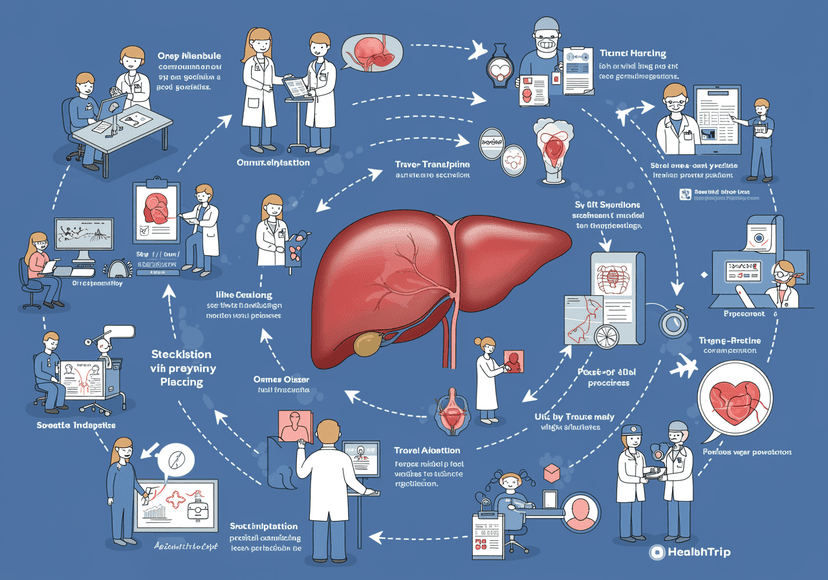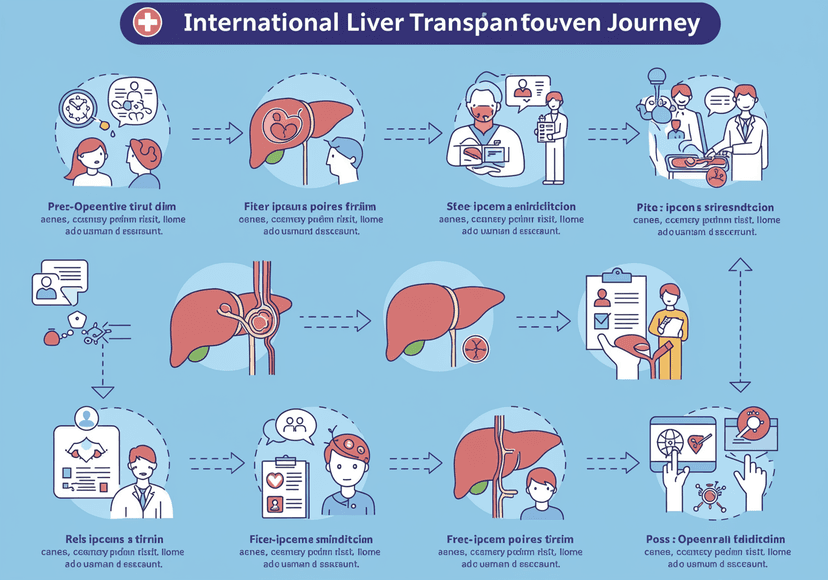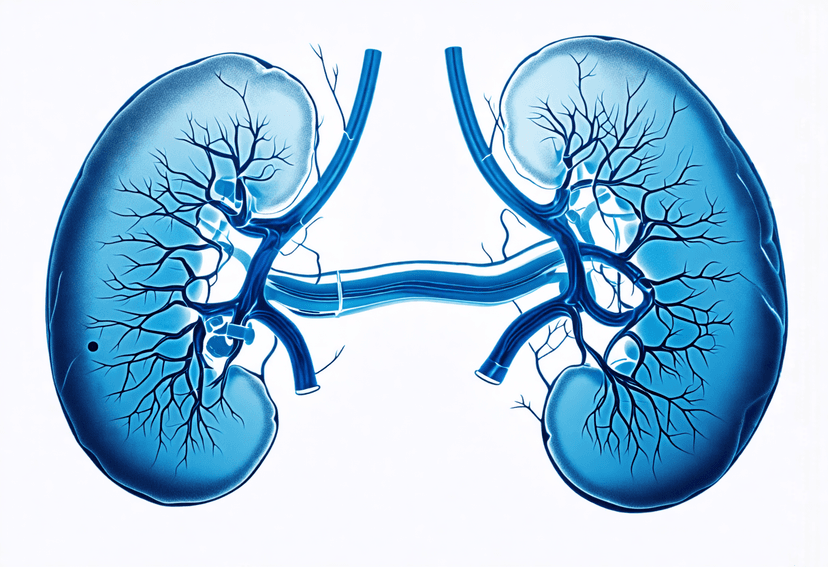
Liver Transplants: Your Top Questions Answered by Experts
26 Nov, 2023
 Healthtrip
HealthtripIntroduction
- The human liver plays a vital role in maintaining our overall health, but various conditions can lead to liver failure, making a liver transplant a life-saving option for many individuals. This complex medical procedure raises numerous questions, and seeking expert answers is crucial for those considering or undergoing a liver transplant. In this blog, we'll delve into common questions surrounding liver transplants, providing comprehensive and insightful answers.
Most popular procedures in India
Q1. What is a Liver Transplant?
- A liver transplant is a surgical procedure that involves replacing a diseased or damaged liver with a healthy liver from a deceased or living donor. This procedure is typically reserved for individuals with end-stage liver disease or acute liver failure.
Q2. Who Needs a Liver Transplant?
- Patients with conditions such as cirrhosis, liver cancer, or acute liver failure may require a transplant when other treatments are no longer effective. A thorough evaluation by a transplant team determines the necessity of the procedure.
Wellness Treatments
Give yourself the time to relax
Lowest Prices Guaranteed!

Lowest Prices Guaranteed!
Q3. How is a Suitable Donor Match Found?
- For deceased donor transplants, compatibility is determined based on factors such as blood type, size, and the severity of the recipient's condition. Living donor transplants involve a more detailed evaluation to ensure compatibility and minimize risks for both the donor and recipient.
Q4. What Happens During the Transplant Surgery?
- The recipient's diseased liver is removed and replaced with the healthy donor liver. The surgical team carefully connects the blood vessels and bile ducts to ensure proper functioning.
Q5. What is the Recovery Process Like?
- Recovery time varies, but patients typically spend several days in the hospital after surgery. Post-transplant care involves medications to prevent organ rejection, regular medical check-ups, and lifestyle adjustments to promote overall well-being.
Q.6. What Are the Risks Associated with Liver Transplants?
- While liver transplants have a high success rate, complications can arise. These may include rejection, infection, or issues with the bile ducts. Close monitoring and adherence to post-transplant care are essential to mitigate these risks.
Q.7. How Long Does a Transplanted Liver Last?
- The longevity of a transplanted liver varies among individuals. Many recipients enjoy a good quality of life for decades, while some may require a second transplant.
Q.8. What Lifestyle Changes Are Necessary After a Liver Transplant?
- Post-transplant, individuals need to adopt a healthy lifestyle. This includes maintaining a balanced diet, exercising regularly, avoiding alcohol and tobacco, and taking prescribed medications as directed.
Q.9. What Are the Financial Considerations for Liver Transplants?
- Liver transplants can be costly, involving expenses for surgery, medications, and post-operative care. Insurance coverage, financial assistance programs, and transplant centers' support services can help manage these costs.
Q.10. How Accessible Are Liver Transplants?
- Access to liver transplants can vary based on factors such as geographical location, organ availability, and individual health conditions. Timely evaluation and consultation with a transplant center can help navigate the process.
Conclusion
- Liver transplants are intricate procedures that offer a new lease on life for individuals facing severe liver conditions. Understanding the process, risks, and long-term implications is crucial for both patients and their families. If you or a loved one is considering a liver transplant, consulting with a transplant team and seeking expert answers to your questions is paramount. A well-informed approach will contribute to a smoother journey through this life-changing medical intervention, enhancing the chances of a successful outcome and improved quality of life.
Related Blogs

Your International Liver Transplant Journey with Healthtrip: Consultation to Recovery
Embark on your international liver transplant journey with Healthtrip. We

Your International Liver Transplant Journey with Healthtrip: Consultation to Recovery
Embark on your international liver transplant journey with Healthtrip. We

Why Choose Healthtrip for Medical Procedures in India? Cost & Quality
Explore the compelling reasons, from cost savings to expert care,

Your Guide to a Successful Healthtrip in Malaysia: Quality & Savings
Planning a healthtrip? Explore Malaysia for high-quality medical procedures and

Top Treatments at Chennai National Hospital: A Healthtrip Focus
Discover leading medical treatments available at Chennai National Hospital for

Retrograde Intrarenal Surgery 101
Understanding the procedure and recovery of Retrograde Intrarenal Surgery










